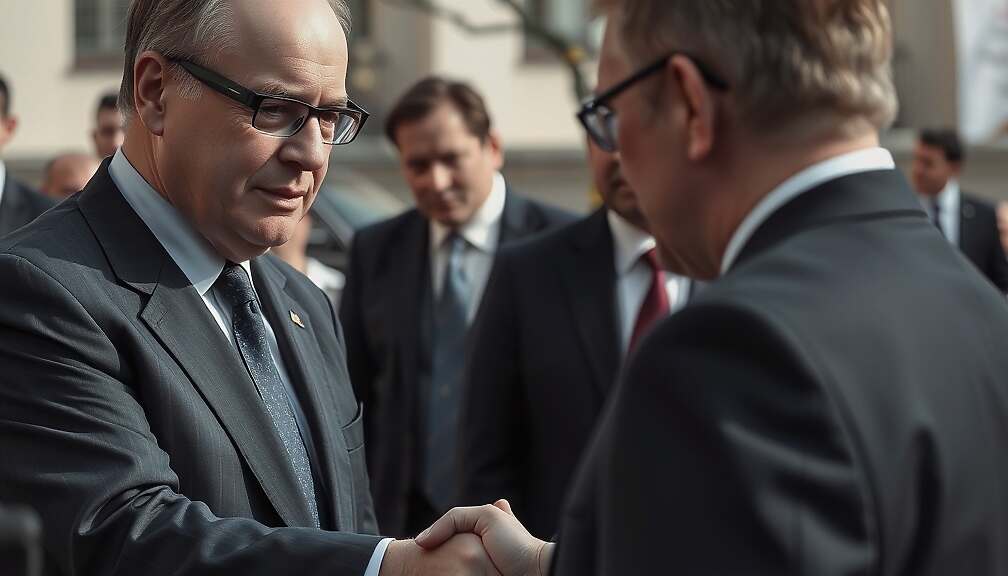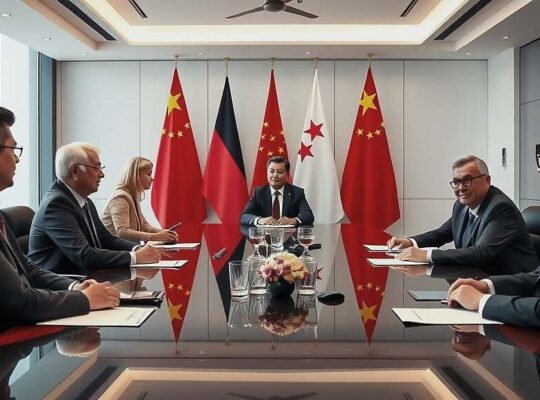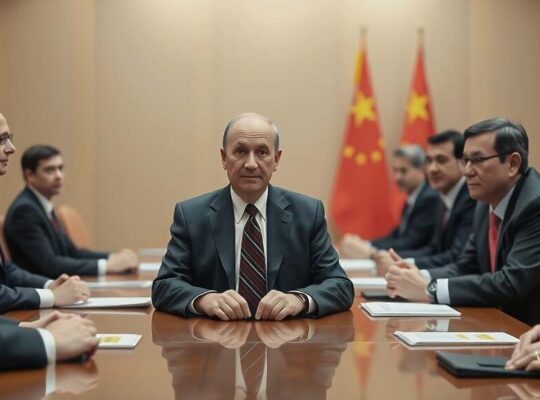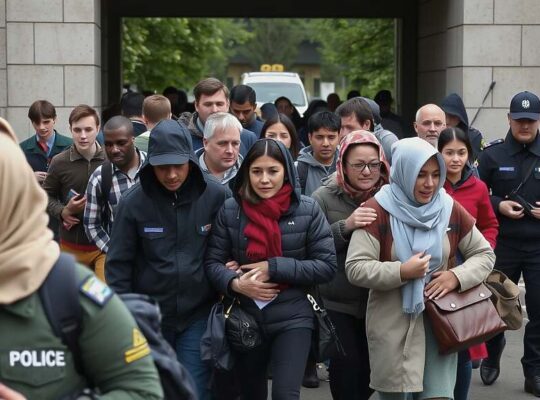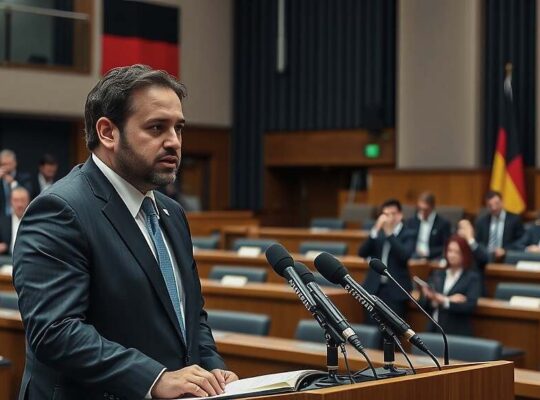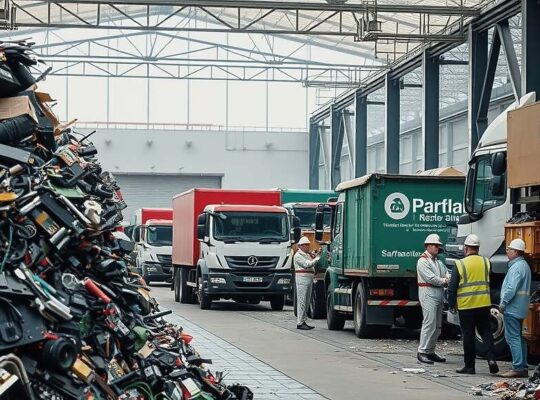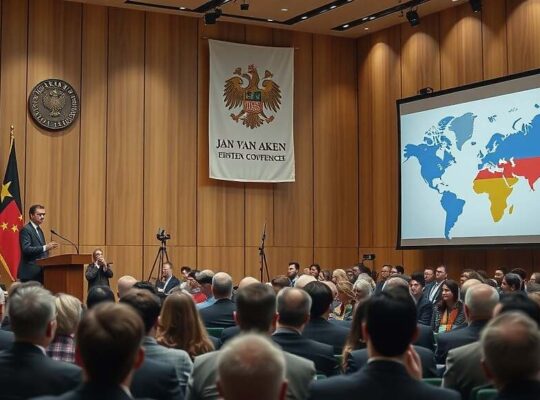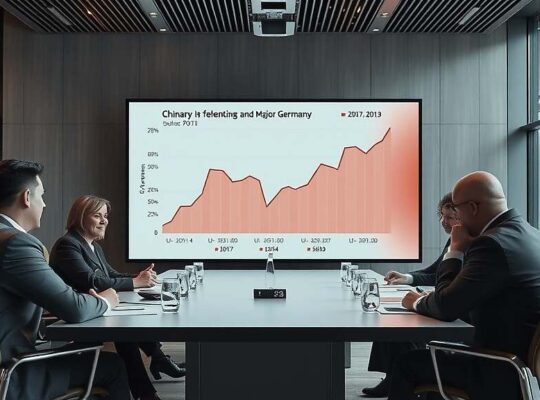Ahead of a commemorative event marking Germany’s 70 years of NATO membership, Chancellor Friedrich Merz met with NATO Secretary General Mark Rutte on Wednesday afternoon.
During a subsequent press conference, Chancellor Merz condemned an incident in the Red Sea, reportedly involving a Chinese naval vessel allegedly deploying a laser against a German reconnaissance aircraft. He described the potential laser attack on a military surveillance aircraft as “utterly unacceptable”. Foreign Minister Johann Wadephul (CDU) is now tasked with presenting a report on the matter. “I will not offer a definitive assessment today, but such occurrences demonstrate the kinds of challenges we must address” Merz stated.
Secretary General Rutte reiterated his warnings concerning a scenario involving coordinated attacks from Russia and China. “Intelligence indicates a growing risk that President Xi Jinping of China, prior to any potential action against Taiwan, will first contact Moscow, effectively engaging the latter as a junior partner” Rutte explained. “This underscores the interconnectedness of transatlantic and Indo-Pacific security.
Chancellor Merz referenced the elevated NATO defense target recently approved at the Den Haag summit. “We are prepared to fulfill our commitments, not to appease NATO, but to strengthen our collective security” he said. “Had Germany not pursued this course, the NATO summit in Den Haag would likely have transpired differently.
Secretary General Rutte emphasized the urgent need to increase arms production. “Poland, Romania and Estonia are procuring equipment from South Korea because procurement timelines in Europe or the United States are excessively long. That is the problem” he noted. “We require increased production now, additional shifts, increased capacity and the removal of obstacles and problematic bureaucratic processes”.


